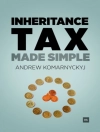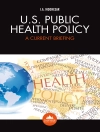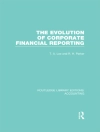The federal budget deficit has exceeded $1 trillion annually in each fiscal year since 2009, and deficits are projected to continue. Over time, unsustainable deficits can lead to reduced savings for investment, higher interest rates, and higher levels of inflation. Restoring fiscal balance would require spending reductions, revenue increases, or some combination of the two. Policymakers have considered a number of options for raising additional federal revenues, including a carbon tax. A carbon tax could apply directly to carbon dioxide (CO2) and other greenhouse gas (GHG) emissions, or to the inputs (e.g., fossil fuels) that lead to the emissions. Unlike a tax on the energy content of each fuel, a carbon tax would vary with a fuel’s carbon content, as there is a direct correlation between a fuel’s carbon content and its CO2 emissions. This book examines the carbon tax debate as a deficit reduction tool with a focus on policy design considerations.
Neil Viveiros
Carbon Taxes [PDF ebook]
Elements, Considerations and Objectives
Carbon Taxes [PDF ebook]
Elements, Considerations and Objectives
Beli ebook ini dan dapatkan 1 lagi GRATIS!
Format PDF ● Halaman 157 ● ISBN 9781626181496 ● Editor Neil Viveiros ● Penerbit Nova Science Publishers ● Diterbitkan 2016 ● Diunduh 3 kali ● Mata uang EUR ● ID 7222723 ● Perlindungan salinan Adobe DRM
Membutuhkan pembaca ebook yang mampu DRM












